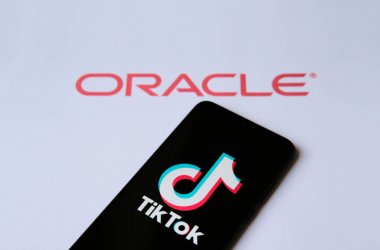Beijing-based electric scooter maker Segway Ninebot Group has reportedly unveiled a new e-scooter that can autonomously drive to its charging stations.
The company reportedly said that Uber and Lyft, the ride-hailing giants that are expanding into scooter-sharing, are already lined-up as customers for the new semi-autonomous vehicles that are expected to hit roads early next year.
Ninebot chairman and CEO Gao Lufeng explained that the model, called KickScooter T60, will be controlled remotely from the cloud.
In an interview with Reuters, he said that the AI-driven e-scooters could lower operators’ costs of maintenance and improve the economics of scooter sharing.
“The pain point for scooter operators is to better maintain the scooters at a lower cost,” he told Reuters. Currently, operators of scooter sharing fleets have to collect the machines manually for re-charging.
“I believe e-scooters will replace bicycles as the prime solution for micro-mobility,” Gao added. “It’s human nature to save energy when commuting.”
Formed by the 2015 combination of China’s Ninebot and US transportation firm Segway, the company has quietly become the largest supplier for scooter-sharing companies such as Bird and Lime.
The scooter-sharing trend started in 2017 with the launch of Bird in California. Venture-capital investors have since invested hundreds of millions of dollars into the sector, and fleets of electric-powered scooters now operate in cities across the US and Europe.
The new scooters will be priced at close to 10,000 yuan ($1,420), more than the company’s traditional scooters, which it sells to scooter companies for $100-$300.
The new machines will start road testing next month and will be largely commercialised in the first quarter of 2020.
The company also launched two self-driving delivery robots — one for outdoor delivery, the other for indoor services.
Ninebot said the unmanned delivery robots will initially serve the food delivery industry in China.
The company is in talks with food delivery operators, including Meituan Dianping and Alibaba Group’s Ele.me, to begin service by the first half of next year.





